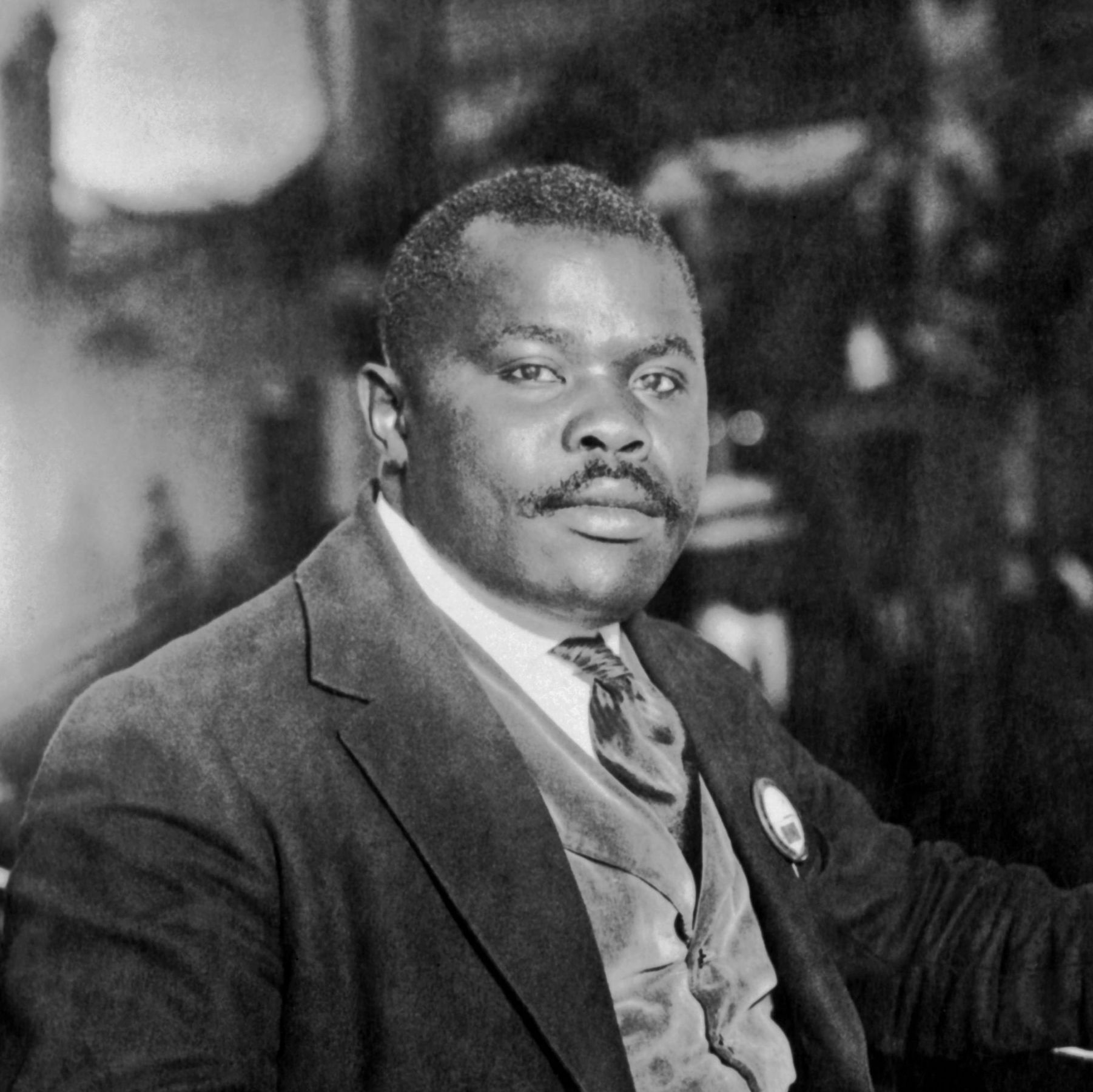Marcus Garvey

Marcus Garvey (1887–1940) was a Jamaican political leader, journalist, and visionary who emerged as a central figure in the early 20th-century Pan-African and Black nationalist movements. Born in St. Ann’s Bay, Jamaica, Garvey was largely self-educated and deeply influenced by his travels throughout Central America and later by his studies in London, where he encountered African and Black intellectuals. In 1914, he founded the Universal Negro Improvement Association (UNIA) with the aim of uniting people of African descent around the world in the pursuit of racial pride, economic self-reliance, and cultural affirmation. After relocating to Harlem in 1916, he built the UNIA into a global movement with millions of followers and established the Negro World newspaper as a platform for spreading his ideas.
Garvey’s most ambitious initiative was the creation of the Black Star Line, a shipping company designed to foster trade among the African diaspora and support his “Back to Africa” movement, which encouraged people of African descent to return to the continent and build a strong, independent nation. Although the company ultimately failed and Garvey was convicted of mail fraud in 1923—a charge many believed was politically motivated—his influence endured. After being deported to Jamaica in 1927, Garvey continued his work until his death in London in 1940. He was later named a National Hero of Jamaica, and his ideas significantly influenced future civil rights leaders such as Malcolm X, as well as African independence movements. His message of Black pride, self-determination, and global unity remains powerful and relevant to this day.

Philosophy and Opinions of Marcus Garvey (1923 and 1925)
Info:The Philosophy and Opinions of Marcus Garvey is a seminal collection of speeches, essays, and writings by Marcus Garvey, originally compiled by his wife, Amy Jacques Garvey, in two volumes (published in 1923 and 1925). The book outlines Garvey’s vision of Black empowerment through self-reliance, cultural pride, and economic independence. He strongly advocates for the unification of all people of African descent under a global Pan-African identity, urging them to take pride in their heritage and reject the inferiority imposed by colonialism and racism. Central to his philosophy is the belief in building independent Black institutions—schools, businesses, churches, and a nation in Africa where people of African descent could govern themselves. Garvey also emphasizes the importance of education, moral discipline, and spiritual strength, promoting a message that blends political activism with personal responsibility. His ideas champion the development of a strong and dignified Black identity and continue to influence Pan-African and Black liberation movements worldwide. The work is both a political manifesto and a spiritual call to action for the upliftment of the African diaspora.